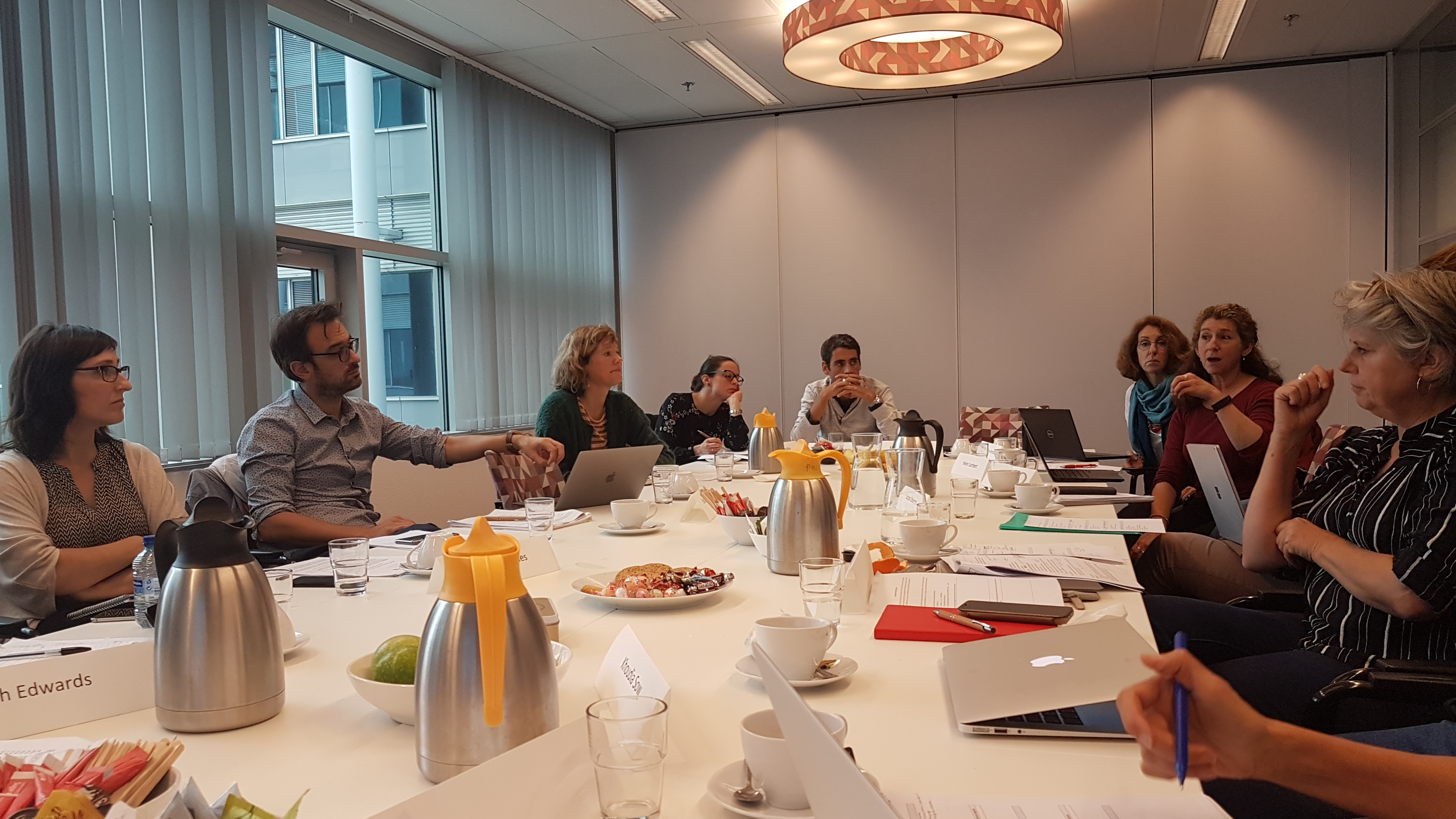
28 Oct AIGHD leads development of curriculum that trains social scientists to tackle antimicrobial resistance
Antimicrobial resistance, or AMR, is one of the biggest threats to global health, food security, and development. Antimicrobial resistance occurs naturally, but overuse of antimicrobials in humans and animals as well as the spread of resistant bacteria in unhygienic environments speed up AMR.
AMR has been called a “wicked problem” because it is so difficult to solve and is driven by human action. There are sociocultural, economic, organizational and political drivers. Yet, the social sciences have only been marginally involved in this issue up to now. What is needed is sustained training around the issue for social scientists.
For this reason, a four-day curriculum development workshop was organized last week in Amsterdam to develop a “special-soc” training for social scientists on antimicrobial resistance. The workshop brought together an international team of AMR experts from the Sonar Global AMR Scientific Advisory Committee, joined by another group of consortium partner representatives working on capacity building, including NIVEL and CRCF (France).
SonaR-Global is a global consortium led by social scientists who specialize in preparedness and response to infectious threats, which include disease outbreaks, antimicrobial resistance and vaccination hesitancy.
The expert group that met at AIGHD in Amsterdam began the process of designing the training course, and AIGHD will further finalize the curricula together with its partners. The final course will consist of a five-day training with a combination of lecturing and hands-on exercises. Students are expected to develop ideas for the own projects or engagement with AMR at the end of the training.
“AMR is far from just a medical issue. There is a wide variation across the world in patterns of use and resistance to antimicrobials, which cannot always be explained by differences in diseases burden. It is imperative to understand the political and economic factors that shape our health care infrastructure and farming systems, that propel AMR. This is why the social sciences are so important,” de Vries said.
Many social scientists have reported that they are looking for the type of training that AIGHD and Sonar Global are developing, according to de Vries.
“Many social scientists do not know about AMR, or feel ill prepared to engage with it, and there is no discourse about AMR in the social sciences. Most acutely, there is a serious shortage of attention in the field of economics. As a result, there has been a lack of input from the social sciences in responses.”
One of the experts, Dr. Alice Desclaux, noted that these sorts of training courses are very important:
“Our special-soc curricula are meant to train more social scientists in areas where AMR and epidemics have not yet been considered sufficiently from a social science perspective. It will allow scientists to produce quality research and useful insights for a better understanding and more efficient interventions for AMR or outbreak management, which together with vaccination hesitancy comprise the field of epidemic threats.”
The course will be available in the summer of 2020 and the curriculum will be hosted on the Sonar Global website and be available under a Creative Commons license.
More information on the training here and here.
For more information, contact Danny de Vries: d.devries@aighd.org
